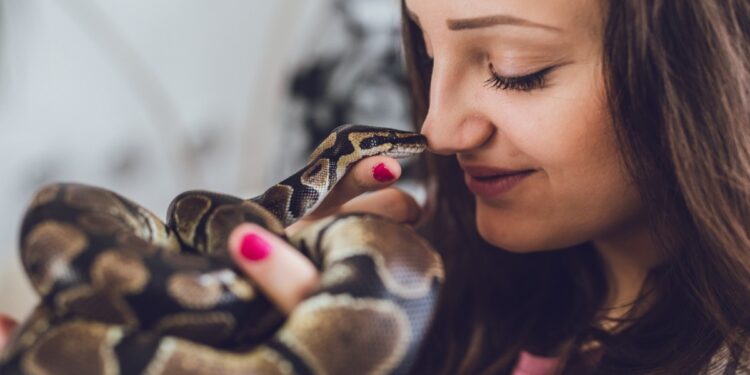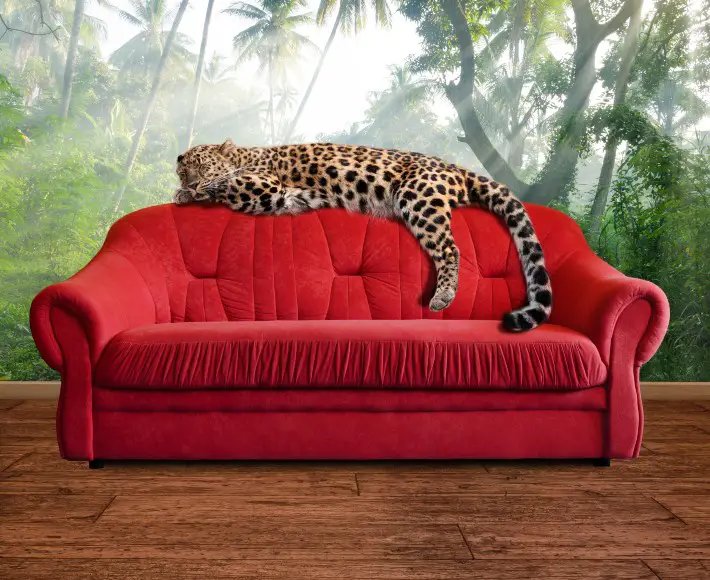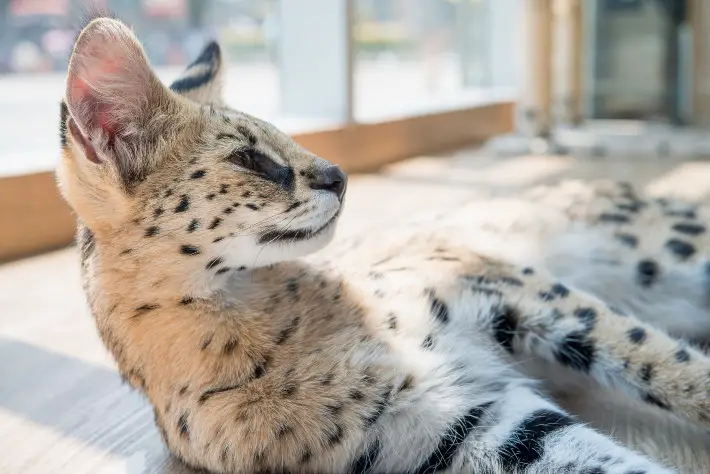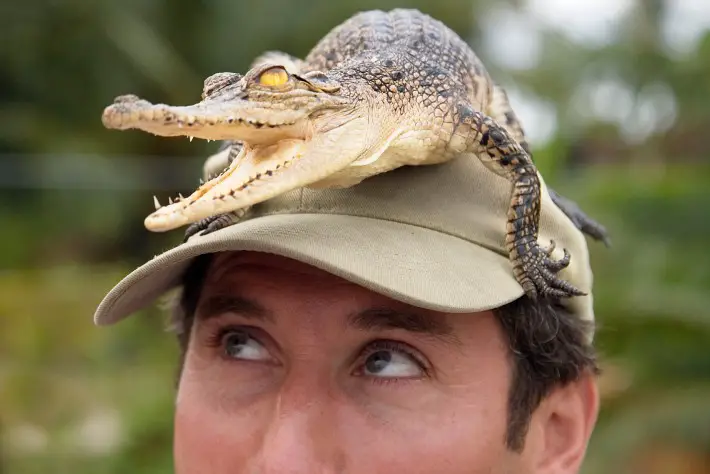Exotic Pets on the Rise in Yorkshire

Are you living next door to some of the world’s deadliest creatures?
A new survey conducted by Born Free has revealed that nearly 4,000 dangerous wild animals are being privately kept in Great Britain. And 131 of them are living in Yorkshire. The international wildlife charity is calling on the UK Government to immediately review the law. And they also want to put a stop to some of the world’s most remarkable, but often deadly, creatures being kept as ‘pets’ in unsuitable captive conditions.

“131 dangerous wild animals residing in the area”
Born Free’s research reviewed the number of Dangerous Wild Animal (DWA) Act licences granted by local authorities in 2020 across England, Scotland and Wales. It also looked at the variety of species being privately kept. Local authorities in Yorkshire revealed that the licences granted cover 131 dangerous wild animals residing in the area. They found there are at least:
- 18 crocodilians including American alligators, Dwarf caimans and Saltwater crocodiles
- 23 primates including Ring-tailed lemurs, Red ruffed lemurs, and Capuchins
- 37 venomous snakes including a King cobra, Indochinese spitting cobras, and a White-lipped pit viper
- 2 Asian short-clawed otter
- 36 Ostrich
- 5 Bison
- 10 cats including an Asian leopard cat, Savannah cats, and a Serval
Combined, the data across all authorities highlighted that a total of 210 DWA licences were granted for the keeping of 3,951 individual wild animals including:
- 320 wild cats (including 61 big cats – 11 lions, 8 tigers, 11 leopards, 18 pumas, 10 cheetahs, 2 ligers and 1 jaguar)
- 274 primates (including over 150 lemurs)
- 158 crocodilians
- 508 venomous snakes (including 57 diamondback rattlesnakes)
- 332 scorpions
- 106 venomous lizards
- 2 elephants
A host of other species are also on the DWA list. Animals that are being kept as pets or in private collections in the UK include zebras and camels. Fossas (a kind of civet), hyaena, sun bears, wolves, and otters are among others.

“Dramatic increase in the number of exotic pets”
Dr Mark Jones is a Veterinarian and Born Free’s Head of Policy. He said: “Born Free has been collating and analysing DWA data for over 20 years. Since the millennium the wild animal welfare and conservation charity has seen a dramatic increase in the number of exotic pets in private ownership, including a 94% increase in the number of venomous snakes, 57% increase in wild cats, 198% increase in crocodilians and over a 2000% increase in scorpions. However, these figures are likely to represent only the tip of the iceberg. They only record those animals being kept and registered with a DWA licence. Born Free believes that many additional dangerous wild animals are being kept without a licence.”
Anyone in Britain can keep a dangerous wild animal as long as they obtain a licence from their local authority. The applicant has to demonstrate that their animals are properly contained so as to prevent escape and protect the public. But this does little to ensure the welfare of the animals, protection of the owner or visitors to the property.
Dr Mark Jones commented: “It is unbelievable that, in this day and age, so many dangerous animals, including big cats, large primates, crocodiles and venomous snakes, are in private ownership in the UK. Increasing demand for all kinds of wild animals as exotic pets puts owners and the wider public at risk of injury or disease. It also results in serious animal suffering. And the demand increases the pressure on many wild populations which are often already under threat.”

“Species that need to be protected”
Just last year a hybrid Savannah cat escaped in Hampstead, London. And a seven-foot-long Boa constrictor appeared in someone’s back garden, before turning on its rescuer. It also bit his hand and wrapped itself around his wrist on the Isle of Sheppey. There have been other horror stories where a woman was bitten in the eye by a python at Mayfair club and almost blinded. And a man in Hampshire was killed by his 8ft African rock python.
Mark continued: “The UK likes to claim to be at the forefront of efforts to protect nature and improve the welfare of animals. Yet our legislation governing the keeping of and trade in exotic pets is woefully outdated. While the Government’s recent proposal to ban the keeping of and trade in primates as pets is a welcome first step, there are many other species that need to be protected from this form of exploitation. The Dangerous Wild Animals Act should be overhauled as a matter of urgency, in order to phase-out the private keeping of and trade in those species that clearly don’t belong in people’s homes.”
If you want to find out what dangerous animals are living in other counties across the UK, check out Born Free’s interactive map on their website









